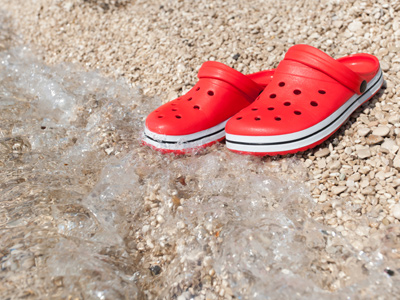

Knowledge of Language - Use of Conjunctions
This English Language quiz is called 'Knowledge of Language - Use of Conjunctions' and it has been written by teachers to help you if you are studying the subject at middle school. Playing educational quizzes is a fabulous way to learn if you are in the 6th, 7th or 8th grade - aged 11 to 14.
It costs only $19.50 per month to play this quiz and over 3,500 others that help you with your school work. You can subscribe on the page at Join Us
A conjunction is word (or group of words) that is used to connect other words, phrases, clauses or sentences together. There are many words that can be used as a conjunction but the most common words are: and, but, or, nor, so and yet. Look at the following example.
How quickly do bananas and strawberries ripen?
I did the dishes even though I had already folded the laundry.
Francis brought an extra pair of shoes in case it rained.
Mother said the car is old yet it is practical.
Grace will pay off the dentist bill provided that her check clears the bank.
I was originally born in Honolulu, Hawaii, but now I live in Denver, Colorado.
Mr. Thompkins will begin the class unless Miss Sharper arrives first.
Will you be picking me up after school, or will daddy pick me up?
It looks as though it is going to rain soon.
William did not do his homework, nor did his brother.
Ready for more?
not all...
quizzers. Try to win a coveted spot on our Hall of Fame Page.






